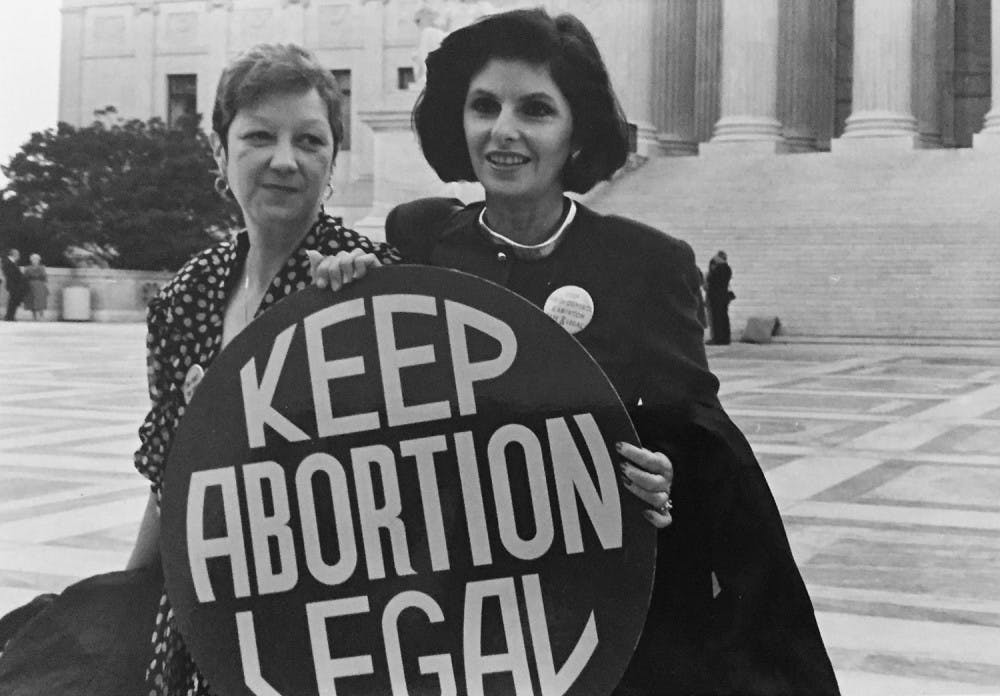McCorvey, the plaintiff in the landmark Supreme Court case Roe v. Wade, died of heart failure Saturday in Katy, Texas at 69.
Out of the public eye until the early 1980s, she advocated for pro-abortion rights causes and began to talk to news media. But after two religious conversions, she became a fervent opponent of abortion rights, said Rebecca Kreitzer, a professor of public policy at UNC.
“She played an important role in that she was a rallying point and a significant figure for people on the right, but she was really vilified by those same people at earlier points in her life,” Kreitzer said.
Some historians think McCorvey might have condemned abortion in order to gain acceptance from conservatives, she said.
“Other people might say that’s a cynical take on what happened,” she said. “Some say she had a conversion, and that pro-life people in the movement were people who accepted her.”
Austin Anthis, a senior at Duke University who opposes abortion, said McCorvey’s story bridges the two movements.
“Her legacy can cause both sides to empathize with the other side,” he said. “So hers is a really unique story in a way but also representative of the complex issue of abortion in America.”
Lisa Levenstein, a history professor at UNC-Greensboro, said in an email that McCorvey’s story is not representative of most women who have legal abortions.



